Not Your Usual Words to Write By: The AI Podcasting Challenge
Authors & AI SeriesEpisode 7: Not Your Usual Words to Write By: The AI Podcasting Challenge! Is nothing sacred? After exploring how AI might steal our writing jobs, we’re now testing whether these digital usurpers can replicate our podcasting chemistry too. Google’s NotebookLM claims to transform documents into conversations between virtual “hosts,” setting up the…
Read More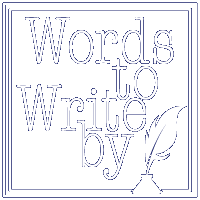

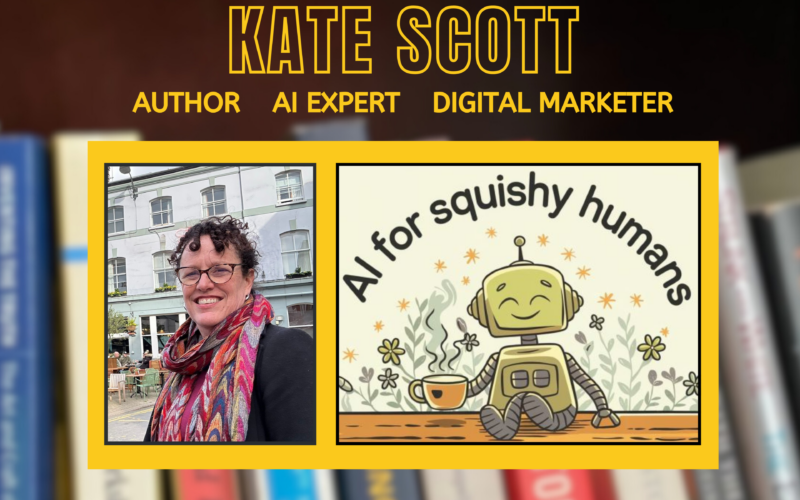
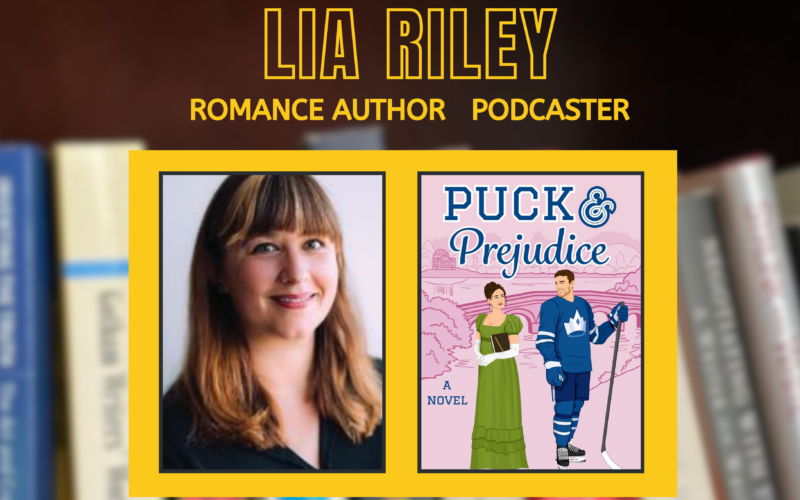
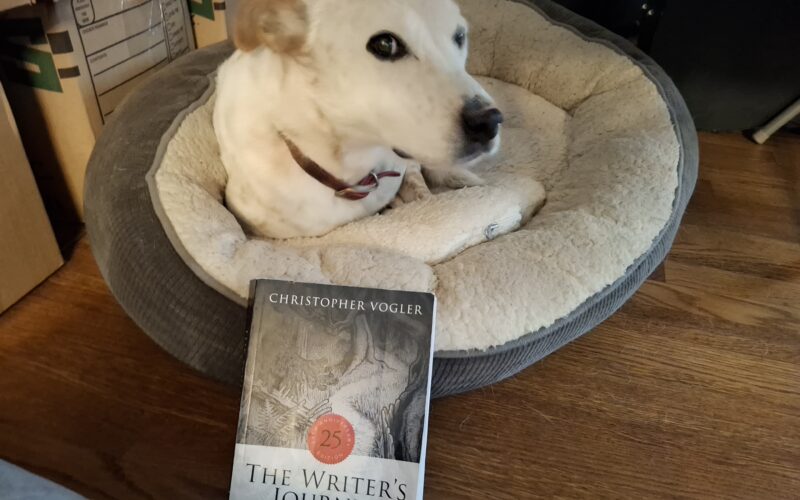
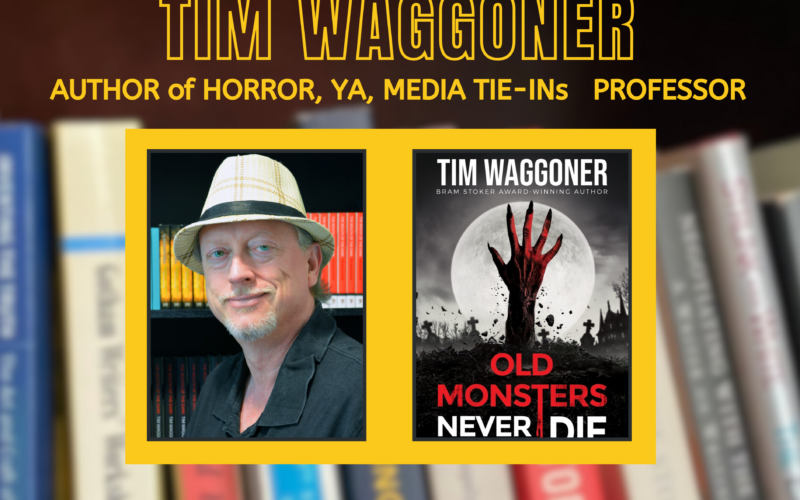
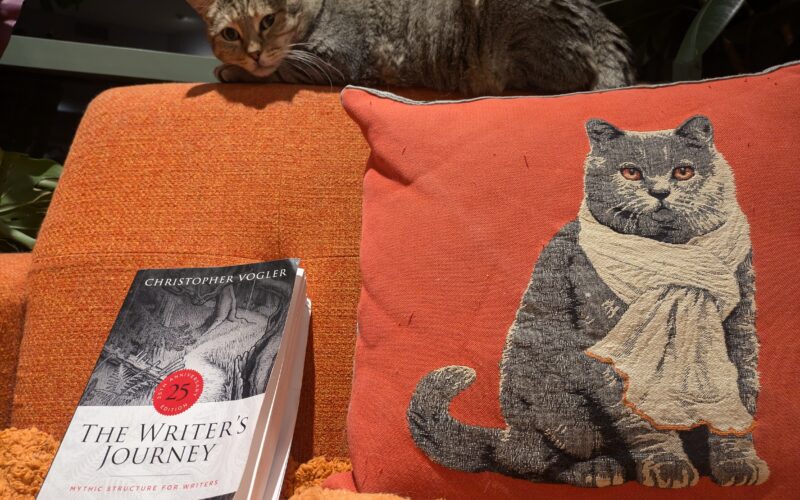
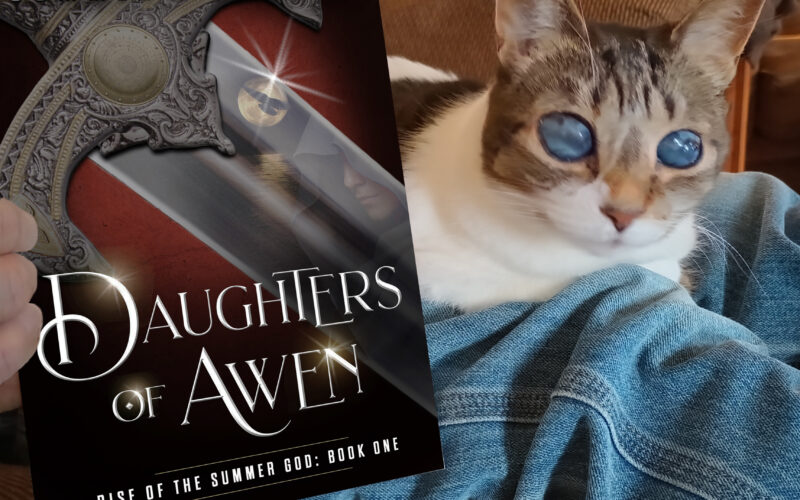
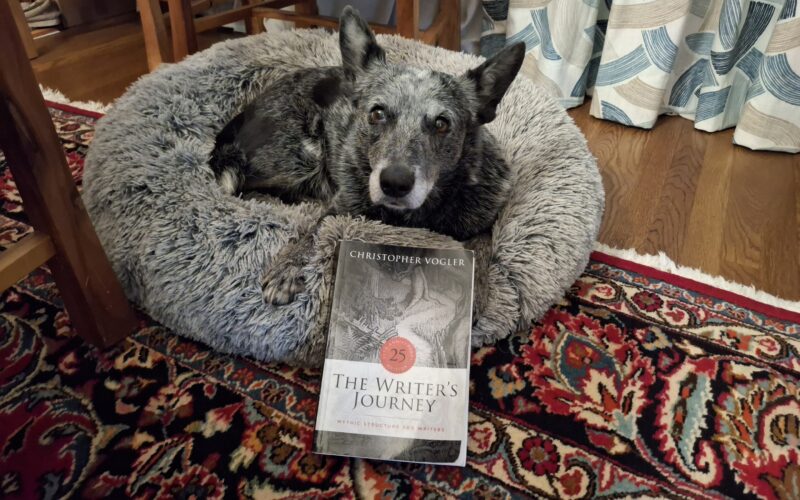

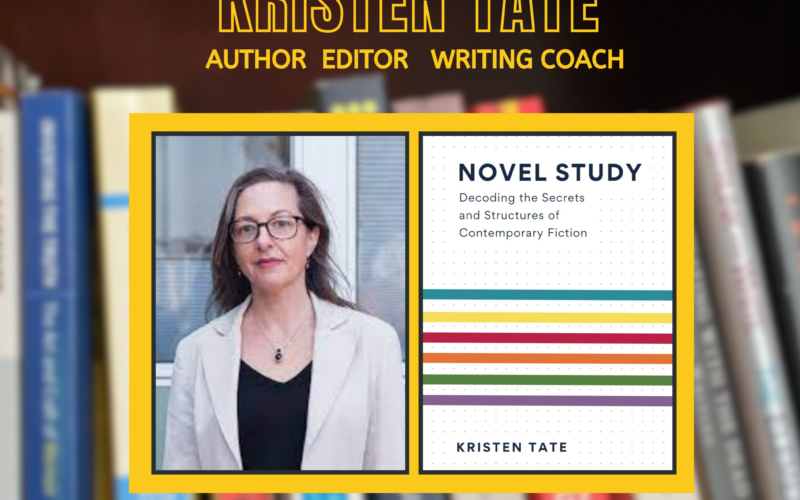
Not Your Usual Words to Write By: The AI Podcasting Challenge
Authors & AI SeriesEpisode 7: Not Your Usual Words to Write By: The AI Podcasting Challenge! Is nothing sacred? After exploring how AI might steal our writing jobs, we’re...